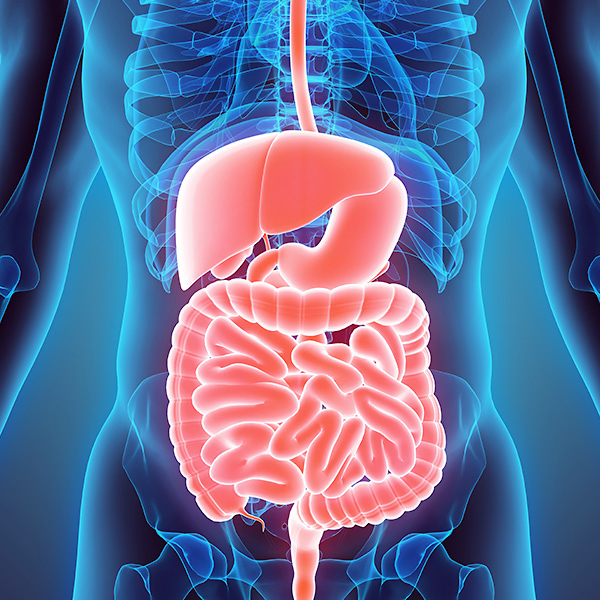Treatments and Specialized Services Offered
The behavioral medicine team offers consultation and behavioral treatments for patients with a wide range of digestive health conditions.
Our team is committed to providing the highest standard of care to our patients and all therapists have received specialized training in psychological interventions for GI disorders, including cognitive-behavioral therapy and gut-directed hypnosis.
These treatments have proven efficacy in a number of well-controlled clinical trials and are widely accepted as the most effective psychological interventions for GI conditions.
Our goal is to teach patients self-management skills that they can use to better manage their health and improve the quality of life.
Specialized Services
Consultation with a GI Health Psychologist
Patients with gastrointestinal (GI) disorders can meet with one of our behavioral medicine providers for a consultation. During this initial visit, patients can learn more about the range of services, receive education about how the brain and gut communicate, and explore how psychological factors—such as stress, anxiety, and mood—can directly impact digestive symptoms. This consultation also helps determine whether behavioral treatment, such as gut-directed therapy or stress management interventions, may be appropriate.
Our GI psychologist works closely with your gastroenterologist to develop a personalized treatment plan tailored to your specific condition and goals. This collaborative approach ensures that both the physical and emotional aspects of your digestive health are addressed, with the goal of improving symptom management, quality of life, and overall well-being.
Cognitive-Behavioral Therapy (CBT)
CBT is a form of therapy that has been shown to be effective in improving the management of a variety medical conditions. Unlike traditional psychotherapy, CBT is a short-term, collaborative treatment that is focused on a patient’s current problems and symptoms.
CBT involves changing thinking patterns and behaviors to help patients cope with unpredictable and uncomfortable digestive symptoms and reduce stress. The ultimate goal of CBT is to provide patients with the tools they need to manage symptoms independently.
To that end, the treatment always involves practice and homework outside of the session. This is a short-term treatment approach and many patients require as few as four to five sessions.
Gut-Directed Hypnotherapy
Research has shown that hypnosis is one of the most successful treatment options for IBS and is widely used to help patients cope with chronic pain conditions.
Hypnosis encourages a state of focused attention and deep relaxation during which images and verbal suggestions are used to positively influence emotional and physical symptoms.
Patients typically find hypnosis very comfortable and relaxing and it generally has no negative side effects.
Relaxation Training
Relaxation exercises address the physiological, cognitive and emotional aspects of stress. Through guided relaxation training, patients learn to discover a relaxed, restful state. Relaxation can help relieve muscle tension, decrease pain, reduce stress and improve physical health.
Relaxation comes in many forms, including diaphragmatic breathing training, progressive muscle relaxation (PMR) and mindfulness meditation. Many patients find that relaxation techniques are valuable skills that can be helpful for coping with and improving GI symptoms.
Coping with a New Diagnosis
Our health psychologists offer consultation and psychological services to patients that have been recently diagnosed with a digestive health condition, such as Crohn’s disease, ulcerative colitis or celiac disease.
Patients who are newly diagnosed may feel overwhelmed with information and have concerns about the effects of the disease on their lifestyle (e.g., relationships, employment, educational goals).
Addressing these concerns with a GI health psychologist familiar with the disease can be helpful. Common topics in these sessions include:
- When and how to disclose your illness
- The impact of the disease on relationships
- Coping with the unpredictability of symptoms
- Addressing the fears of surgery
In addition, health psychology services can provide behavioral strategies to improve health behaviors that can impact disease management, such as smoking cessation, sleep hygiene and stress reduction.


